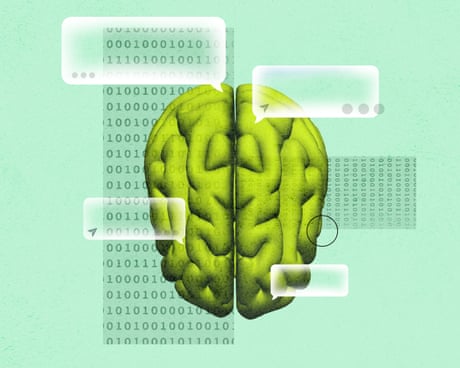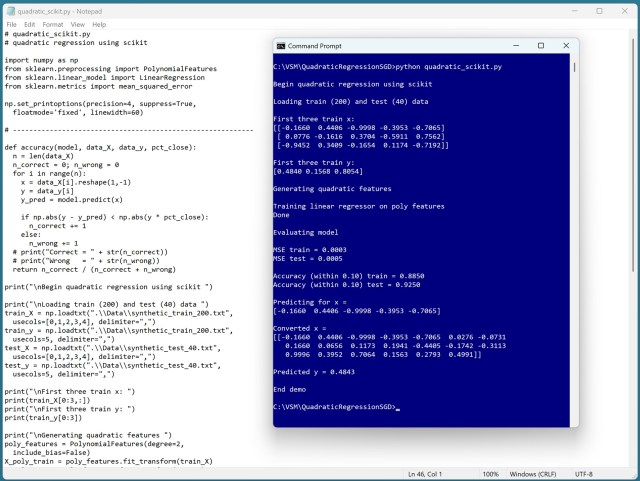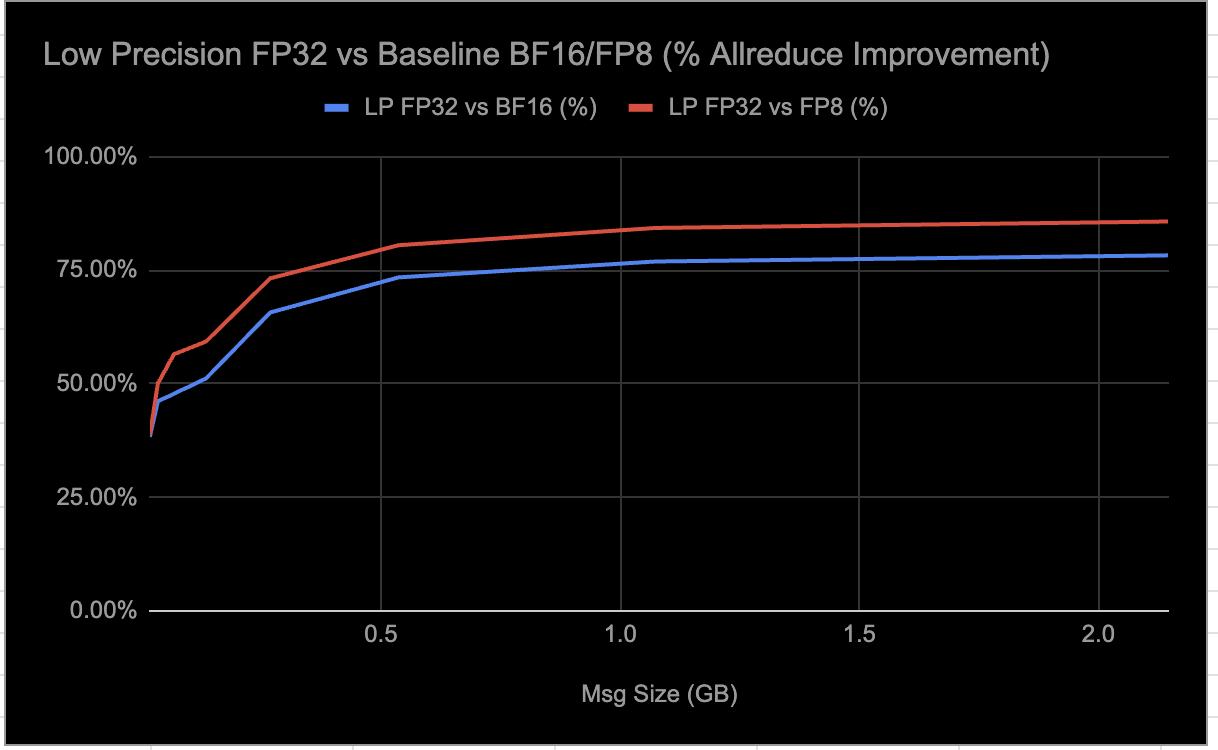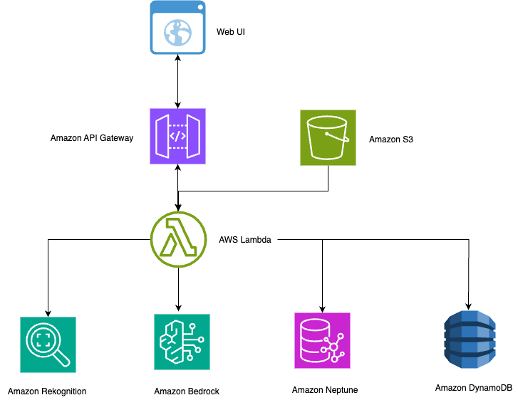AI expert Toby Walsh criticizes Australian government for lack of AI regulation, warns of psychosis in chatbot interactions. Silicon Valley's pursuit of profit with AI technology is described as "careless" by Walsh, who predicts a mix of benefits and risks in the AI race.
Quadratic regression adds squared predictors and interaction terms for complex data analysis. A demo using scikit-learn library showcases model weights and predictive accuracy.
Anthropic faces Pentagon penalties over AI model dispute. Defense officials clash on military use of Anthropic's powerful AI model, Claude.
AI is tricking us with realistic online scenarios, blurring the line between reality and technology. A humorous Instagram reel featuring a 3D hole in New York sparks existential doubt about what is real.
NVIDIA's survey shows healthcare embracing AI for medical imaging, drug discovery, and cost reduction, with open source software and agentic AI gaining traction. AI adoption is on the rise across all healthcare sectors, with digital healthcare leading at 78% and generative AI as the top workload.
Structured outputs in AI applications are crucial for consistency and validation. .txt's Outlines framework on AWS Marketplace enhances generative AI for precise data exchange and reduced errors in high-stakes environments.
Meta open-sources RCCLX, integrating CTran for AMD platforms, enhancing AllToAllvDynamic. DDA and Low Precision Collectives boost AMD performance significantly, reducing latency by up to 30%.
Shares in Uber, Mastercard, and American Express drop due to speculative AI apocalypse scenario from Citrini Research on Substack. Investors rattled by warning of autonomous AI systems disrupting US economy in near future.
Intelligent photo search systems use computer vision and natural language processing to revolutionize photo organization. Amazon Rekognition, Neptune, and Bedrock enable personalized search with complex relationship mapping for thousands of images.
US struggles with delays and cancellations of new datacenters amid AI boom due to supply chain issues, energy shortages, and local opposition. Investors cautious of AI bubble potential impacting infrastructure expansion.
Meta's owner buys $60bn AI chips from AMD, part of $660bn US tech AI spending trend, a 'big bet' on artificial intelligence. Analyst suggests it may signal a pivot in Meta's AI strategy.
Researchers in precision medicine face challenges with datasets in early disease detection tests. Sonrai partnered with AWS to build a robust MLOps framework using Amazon SageMaker AI for traceability and reproducibility in regulated environments.
Hexagon, a leader in measurement technologies, collaborates with Amazon to scale AI model production for specialized applications in industries like construction and autonomous vehicles. Specialized AI models by Hexagon improve precision and efficiency, enabling faster creation of accurate 3D models for various geospatial applications.
Nine Entertainment CEO urges PM to prioritize news bargaining code with Google, Meta, and TikTok. Artificial intelligence-fuelled big tech disrupts publisher revenue models worldwide, risking further delay.
OpenAI CEO Sam Altman addresses energy concerns of AI models at AI summit in India, comparing to human development process. Altman highlights the energy consumed over 20 years of human life for intelligence growth.















